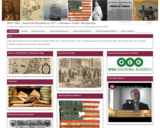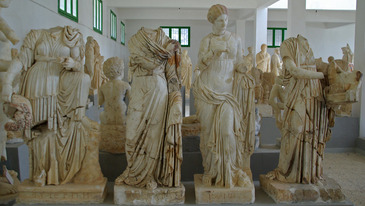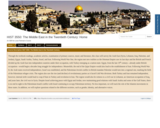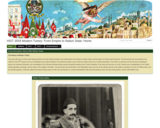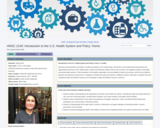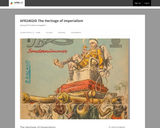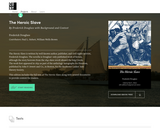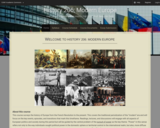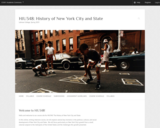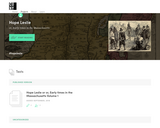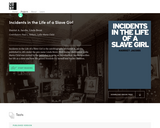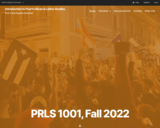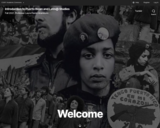This course surveys the history of Europe from the French Revolution to the present. This covers the traditional periodization of the “modern” era and will focus on the key events, episodes, and transitions that mark this timeframe. Readings, lectures, and discussions will engage with all aspects of European politics and society during this period but will be guided by the central problem of the pursuit of power as the key theme. “Power” in this sense refers not only to the way individuals sought political power in the domestic sphere or territorial control in the international realm, but also, more diffuse notions of power as they appear in daily life, culture, gender relations, race, and social conflict. This focus on power is largely a result of a particular understanding of “modernity” as ultimately an idea that pushed Europeans to develop new ideas about how to best control and order society and the globe. To be modern, in short, meant harnessing the technologies, populations, and institutions of the nation-state to create a more ordered, productive society.
Beginning with the French Revolution, Europeans in the modern era have sought to combine the pursuit of power with the mobilization and participation of mass society, in varying forms. The unleashing of popular sovereignty and the response of the various “isms” of the 19th century (e.g. liberalism, socialism, nationalism) reveal to us the extent to which politics became a question of who should have the power, and how that power ought to be used for the benefit of European societies. Europeans did not only struggle for power in this domestic sense, but also sought to use power abroad and expand the grip of European empire. The modern period, particularly during the “Age of Catastrophe” of the early 20th century, was one marked by warfare that reshaped how violence was conceived. Ultimately, the quest for power led to totalitarian states, the most infamous being Nazi Germany, which sought to control their societies in ways previous unheard of and use extreme forms of violence in doing so. The great cataclysm that was the two world wars destroyed the belief that the use of brute force was the most preferred means of exerting power at home and abroad, and the changes this brought about are evident in the way Europeans conceive and utilize power in today’s world.
Harmonizing with current approaches, this course also seeks to provide a “multi-perspective” overview of Modern Europe, working at different levels of society and engaging with perspectives from larger and smaller European nations. Ultimately, it strives to develop students’ understanding of Europe at large and the changes experienced there over the course of roughly two centuries.
